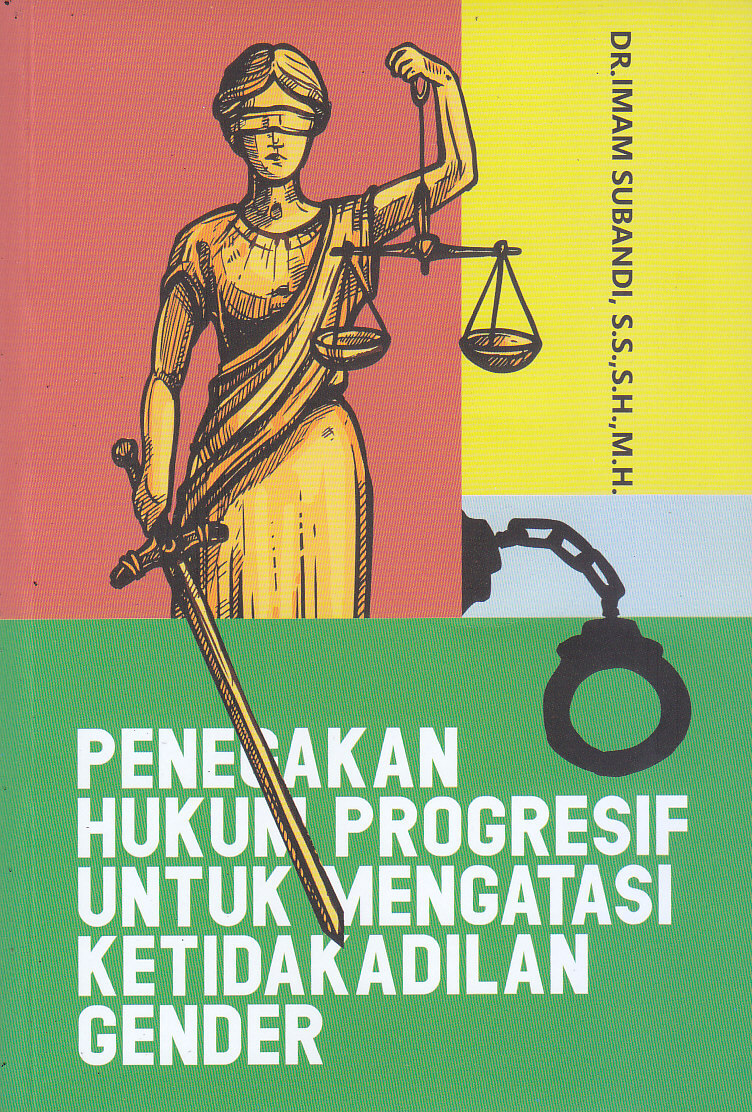

Not only because religious sentiment has developed into identity politics but also turned into a different imagination about Indonesia. In this case, the argument that multiculturalism is a value worth fighting for actually becomes a barrier because diction has lost its supporting power. Freedom is still framed legally formally and contradicted as if there is only one absolute truth. Yet in reality, the author actually finds the opposite condition, where the prerequisites for creating multiculturalism are far from democratic principles. The dynamics that accompany the emergence of religious adherents should be of public interest so that the knowledge of civil society are filled with emancipatory spirit. However, sociologically it should be noted that freedom is not a fixed social condition. In this corridor, editors and book writers spread their knowledge as intellectuals and also as a form of taking sides on human rights issues. However, in practice, especially in the context of the life of a nation-state, the discourse of freedom and obedience requires theoretical and empirical exploration to form a multicultural society. Social scientists may find it difficult to determine the dimensions of freedom and obedience because in philosophy, for example, freedom and obedience are often contradicted as part of the existentiality of thought. What is important to note is whether there is freedom of religion or belief in Indonesia. The book entitled “Kebebasan Beragama atau Berkeyakinan di Indonesia: Perspektif Filosofis, Hukum dan Politik” explains the complexity of the rights of adherents of religion or beliefs in the era of democracy in Indonesia.


 0 kommentar(er)
0 kommentar(er)
